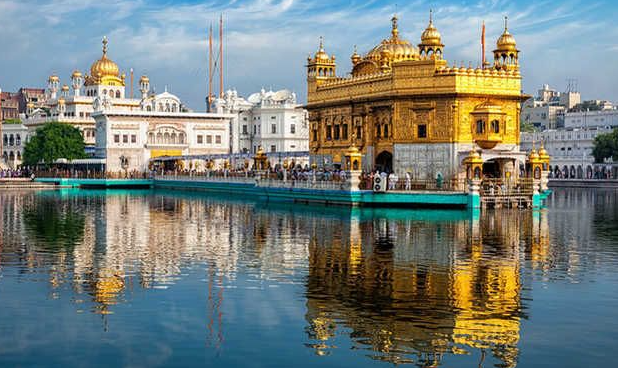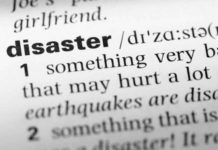Hardeep Singh Nijjar, who led a Sikh separatist movement, met his demise in June outside his place of worship in Vancouver. Nijjar, a Canadian citizen, was affiliated with an activist organization perceived as potentially threatening by the Indian government, which had labeled him a terrorist. Contrary to this stance, foreign authorities express their dismay over Canadian Prime Minister Justin Trudeau’s decision to look into allegations suggesting India’s involvement in Nijjar’s unfortunate demise.
According to a report from Reuters, Hardeep Singh Nijjar was serving as the head of the Guru Nanak Sikh Gurudwara, a religious center located in the Vancouver suburb of Surrey when he was fatally shot. Local Sikh community members expressed suspicions of foul play involving foreign elements, sparking protests outside the Indian consulate in Vancouver. In response to the concerns of his constituents, Prime Minister Trudeau initiated an inquiry and requested cooperation from Indian authorities.
Nijjar had also held a leadership position within the Khalistan movement, a group advocating for the independence of Punjab, their home state, from India. This movement has been involved in several uprisings since the 1980s, one of which resulted in a tragic loss of tens of thousands of lives. Indian officials are apprehensive about demonstrations within pro-separatist Sikh communities worldwide, as they fear these could potentially lead to further instances of violence.
Canada hosts the largest population of people belonging to the Sikh faith outside of India. It has been reported that India has expressed concerns about previous Sikh protests taking place within Canada. The Khalistan independence movement, which is prohibited within India’s borders, has garnered growing support in various other nations.
In reaction to the ongoing investigation, India swiftly expelled a Canadian diplomat and criticized Prime Minister Trudeau for offering refuge to “terrorists and extremists.” Those opposed to India’s standpoint argue that foreign leaders have contributed to divisions among religious communities, with instances of Hindu nationalists targeting Muslims and other minority groups. They also cite oppressive measures suppressing both freedom of speech and freedom of the press.




